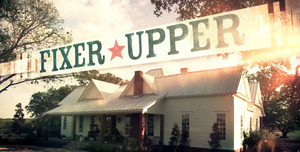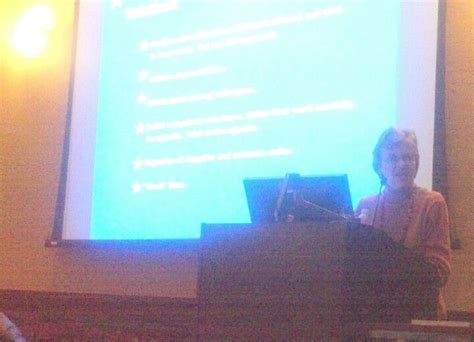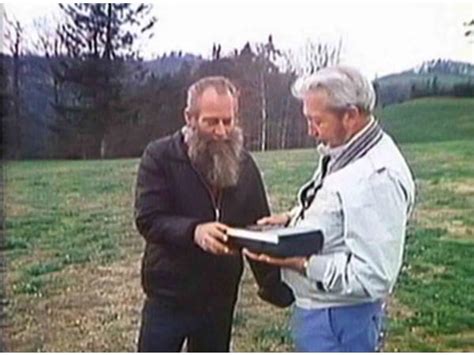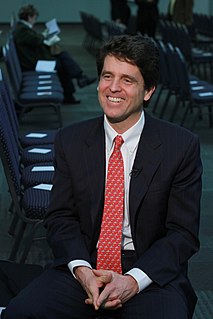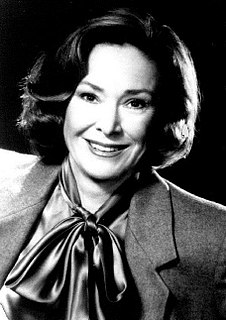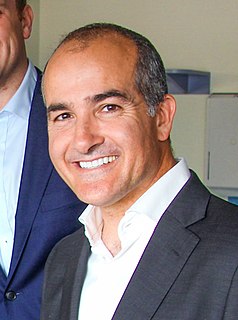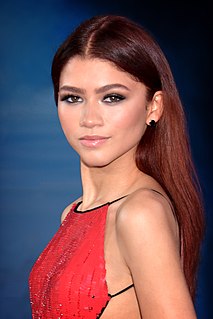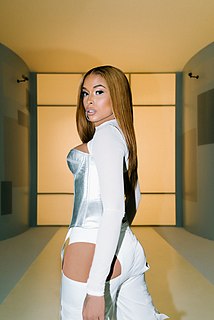A Quote by Chip Gaines
When I was supposed to go to a certified kindergarten that's supposed to teach you actual things like how to read, I went to a daycare that my parents thought was a kindergarten. I was Crayola-ing inside the lines with no fundamental education at all. So I walked into the first grade with no formal education at all.
Related Quotes
How would you like your child in kindergarten through 12th grade attending classes with kids who can't read, write, speak or understand English -- or American education values? Furthermore, how would you feel if those students felt zero investment in education, in English and the American way? How would you like your child's education dumbed down to that of a classroom from the Third World? Guess what? Today, if you're a parent of a child in thousands of classrooms across America, that's what's happening to your children with your tax dollars.
I did not even go to kindergarten; I just started first grade when I was five and started reading right away. I don't know how it all worked, but I had a lot of adults and older siblings around me. So, I guess I was probably introduced to what one would be introduced to at that time in kindergarten.
Of course each citizen should try to educate him or herself, but only after receiving some essential, basic blocks of knowledge. Formal education should always be free; from kindergarten to PhD. It is free in many European countries, and in several Latin American ones (including Cuba, Mexico and Argentina). China is returning to free education, as it is returning to universal health care. In countries like Chile, people are on the streets right now fighting for free education, and they are winning!
I would argue that education, actual learning - it is hard work. It's very personal. Your parents don't teach you anything. Your teachers don't teach you anything. The government doesn't teach you anything. You read it. You don't understand it; you read it again. You break a pencil and read it again.
As a physician, we are taught that learning and education never stop - they are lifelong. I think education comes in various forms: formal, informal, and most importantly, experiential. All of this defines who we are and gives us if you will our abilities to function as leaders. I believe all of those pieces constitute formal education - it is invaluable to who we are and how well we perform.
